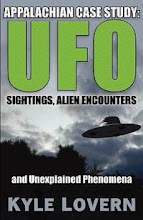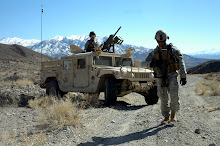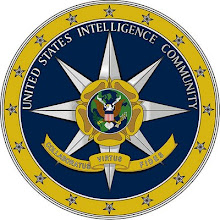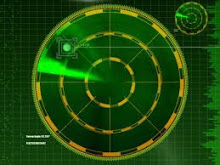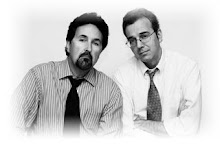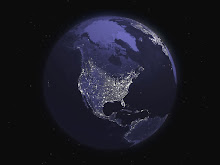Saturday, October 4, 2008
Will viewers watch transcendent drama?
By Steve Hammons
What do TV audiences want to watch this fall and in the coming months?
After the recent writers’ strike, that is a big question on the minds of people in the TV business. There are few new shows this fall in the aftermath of the strike.
For viewers, the message from creative development folks in the TV business may be: “We are experiencing technical difficulties – please stand by while we figure out what you want to watch.”
Is there viewer interest in futuristic and science fiction kinds of programming? What about cop and investigation shows? Sitcoms? Shows primarily about human relationships? Will viewers tune in to drama shows about various kinds of current events, or is that too depressing?
There seems to be interest in shows about leading-edge scientific developments and even unusual phenomena. Some of these topics fascinate large and diverse audiences.
TRANSCENDENT MEDIA
Combining several of these genres in ways that are fun, moving and meaningful for TV viewers might fall into the category of what is being called “transcendent perspectives” and “transcendent activities.” These transcendent concepts generally consider our current social, psychological, media, scientific and international realities to be elements that can be adjusted in light of new, emerging developments.
Some of these developments are unconventional.
For example, several years ago, a U.S. Navy SEAL officer wrote a graduate-level research paper that dealt with the government’s Project STAR GATE program on ESP, “anomalous cognition” and specific intelligence gathering-activities called “remote viewing.”
The SEAL officer used the term “transcendent warfare” to describe a kind of thinking and viewpoint that takes into consideration new, emerging and very interesting discoveries. He pointed out that certain new kinds of thinking and perceiving are part of leading-edge understanding of human psychology and human consciousness.
Would TV viewers be interested in drama that blends interesting characters, elements of investigative shows, fascinating and fun locations, current events as well as a higher and deeper “transcendent intelligence” angle?
TELEVISION TRANSFORMING
Some trend-spotters or trend-guessers say that viewers want escapist TV to take their minds off of the wars in Iraq and Afghanistan, terrorism, the worsening economic situation, concerns about government integrity and all of the politics in an election year.
They suggest that people want shows that take us back to the “good old days” of years past. Remakes of previous programs from previous decades may be popular with baby boomers and new generations coming up too.
It may be difficult to determine what viewers want to watch when they themselves may not be sure. Whatever the TV audiences are hungry for, writers and producers have a larger window of opportunity this fall to brainstorm about it.
In part because of the writers’ strike, TV executives and entertainment writers have noted that, perhaps especially for broadcast networks, new shows will be rolled out this winter in a sort of “fall season, part two.” In fact, some say that the fall season has expanded to 365 days a year.
The strike by more than 12,000 writers of the Writers Guild of America, West (WGAW), and Writers Guild of America, East (WGAE), began Nov. 5, 2007. It interrupted the usual cycle of development of existing and new shows.
When the strike ended on Feb. 12, 2008, the timetables for creating new shows had been disrupted. As a result, this year’s fall season for fresh programming included only a fraction of the number of new programming usually rolled-out in the fall.
While the creative development pipeline fills up again with new series concepts, decision-makers are trying to read the minds of viewers: What do TV audiences want to watch?
The wave of transcendent perception may be emerging now more significantly. Media that embrace it and utilize it might ride that wave to new success in connecting with audiences in important ways.


















































